The Hydropower Sustainability Standard and Tools provide an assessment framework for hydropower projects at various stages of development and operation. Based on objective evidence, assessments give clients a clearer understanding of project strengths and opportunities for improvement across a range of sustainability topics.
Assessments for the Hydropower Sustainability standard and official assessments using the Hydropower Sustainability Assessment Protocol (HSAP) and the Hydropower Sustainability ESG Gap Analysis Tool (HESG) are conducted by Accredited Assessors. The assessors are trained professionals with significant experience in the hydropower sector and relevant sustainability issues.
Assessments can examine hydropower projects of any type, and throughout different stages of a project’s life cycle, including preparation, implementation and operation.
Roles in the assessment
Assessments typically involve the following roles:
Assessment client: The Client is a nominated representative of the organisation who commissions the assessment.
Single point of contact: The Client identifies a Single Point of Contact (SPC) to be the main point for coordination in arranging the assessment. The SPC is the direct point of liaison for the Accredited Assessors, and the point of coordination for any interviewees.
Local support team: The SPC designates a Local Support Team, typically made up of staff from the Project Proponent.
Accredited Assessors: Assessments against the HS Standard are exclusively carried out by Accredited Assessors. The number and expertise of Accredited Assessors is guided by project size, complexity and location, the assessment scope and the Client's budget and objectives.
Observers: Observers are encouraged but remain optional and are not expected for all assessments.
Learn more about the roles and their responsibilities in Section 4.2 of the Assurance System.
Phases of the assessment
Establishment
The Establishment phase defines the ways in which an assessment is initiated. Key activities include:
Confirming project eligibility and scope
Setting objectives, scope and criteria
Selecting Single Point of Contact by the Client
Obtaining written support of Project Proponent
Appointing Local Support Team
Discussions between SPC and Accredited Assessor
Defining detailed scope
Securing funding
Planning
During the Planning phase, the Accredited Assessor and the SPC develop the assessment schedule and logistics. Key activities include:
Pre-assessment visit (optional)
Planning interviews
Planning site inspection
Schedule confirmation
Translation, interpretation, logistics, health and safety
Providing/receiving background information
Project document gathering and review
Written schedule, interviews and evidence register
Site Inspection
During the Site Inspection phase, the Accredited Assessor conducts interviews, visit project-affected communities and dam infrastructure sites, as well as gather and review evidence. A typical on-site inspection takes 5-7 days.Key activities include:
Opening meeting
Daily team meetings
Interviews with stakeholders
Site inspection
Gathering further documentary evidence
Closing meeting
Reporting
During the Reporting phase, the Accredited Assessor writes the Assessment report. The report will be based on the HS Standard Assessment report.
A first draft is sent to the Client via the SPC. Once agreed, the Preliminary Assessment Report is finalised by the Accredited Assessor and submitted to the HS Secretariat to publish on the HS website and on the Project Proponent’s website for an 8-week period of public comment.
Official assessment reports for projects assessed using the Hydropower Sustainability Standard and Tools are published in the Published reports section of the website.
Projects that have received HS Certification will be published in the Certified Projects section of the website with their sustainability rating and corresponding label.
Remote assessments
Under certain circumstances, remote assessments using the Hydropower Sustainability Standard and Tools are possible provided they are based on the guidance by the HS Secretariat.
Guidance on remote assessments.
Learn more
To help you get ready for an assessment, please fill out the Assessment Readiness Form. The form can be used as a checklist to prepare you for the assessment establishment phase.
If you have any questions about assessments, please email HS Secretariat at sustainability@hydropower.org.
Official assessments have to comply with the requirements in the Terms and Conditions for Use.
For an overview of an assessment report, please visit our directory of published assessments.


